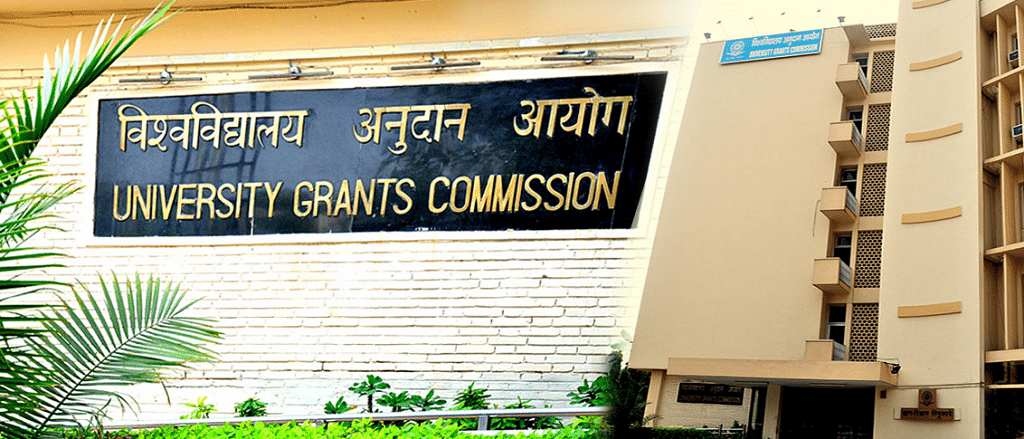New Delhi: The University Grants Commission (UGC) has asked all universities and colleges in the country to appoint and promote faculty members on the basis of its new list of approved journals, in which the higher education regulator has de-recognised names of all predatory papers.
In the new UGC-CARE (Consortium for Academic Research and Ethics) list, compiled by a team of experts including scholars and subject experts from various academic councils, around 800 verified and genuine journals have been included. The previous list had over 5,000 journals and nearly 88 per cent of them were found to be predatory. CARE is a government-appointed body.
The commission sent a notice to all universities on 16 September asking them to appoint and promote faculty using the new list as a reference point.
“The UGC approved list of journals has been replaced with UGC CARE reference list of quality journals and with effect from June 14, 2019 research publications only from the journals indexed in UGC-CARE list should be considered for any academic purposes,” read the notice sent out to all education institutes.
For appointments in universities, apart from other criteria, academic credentials of faculty members are adjudged on the basis of the papers that they have published and the journals in which those papers have been carried.
Explaining the rationale behind the new rule, UGC Vice-Chairman Bhushan Patwardhan told ThePrint, “So far, appointments and promotions were given on the basis of number of papers published by a candidate and not the quality of those papers. This ended up giving sub-standard researchers in colleges and universities… We want to change this, which is why we are now focusing more of quality of research work.”
He added, “Only those who have published their papers in approved journals will be promoted and appointed and if at all some good paper has been published in an unrecognised journal by mistake, it will be reviewed by an expert committee.”
In effect, the new rule means that faculty members who have published their research papers in de-recognised journals might be denied promotion if the quality of their papers is found to be sub-standard.
How the list came about
The new list was created after the UGC received complaints over the low quality of academic research, and how that affected faculty induction in education institutions.
In 2018, academicians from Savitribai Phule Pune University conducted a study and found that over 88 per cent of the journals in the previous UGC-approved list were predatory.
“We studied 1336 journals randomly selected from 5699 in the university source component of the ‘UGC-approved list’. We analysed 1009 journals after excluding 327 indexed in Scopus/Web of Science. About 34.5% of the 1009 journals were disqualified under the basic criteria because of incorrect or non-availability of essential information such as address, website details and names of editors.
“Another 52.3% of them provided false information such as incorrect ISSN (International Standard Serial Number, meant to identify a serial publication), false claims about impact factor, claimed indexing in dubious indexing databases or had poor credentials of editors,” the paper published in journal Current Science said. Patwardhan was among its authors.
“Our results suggest that over 88% of the non-indexed journals in the university source component of the UGC-approved list, included on the basis of suggestions from different universities, could be of low quality,” it added.
The paper had suggested that the UGC-approved list needed serious re-consideration.
Also read: 5 years after DU’s FYUP was scrapped, UGC recommends 4-year undergraduate course again
